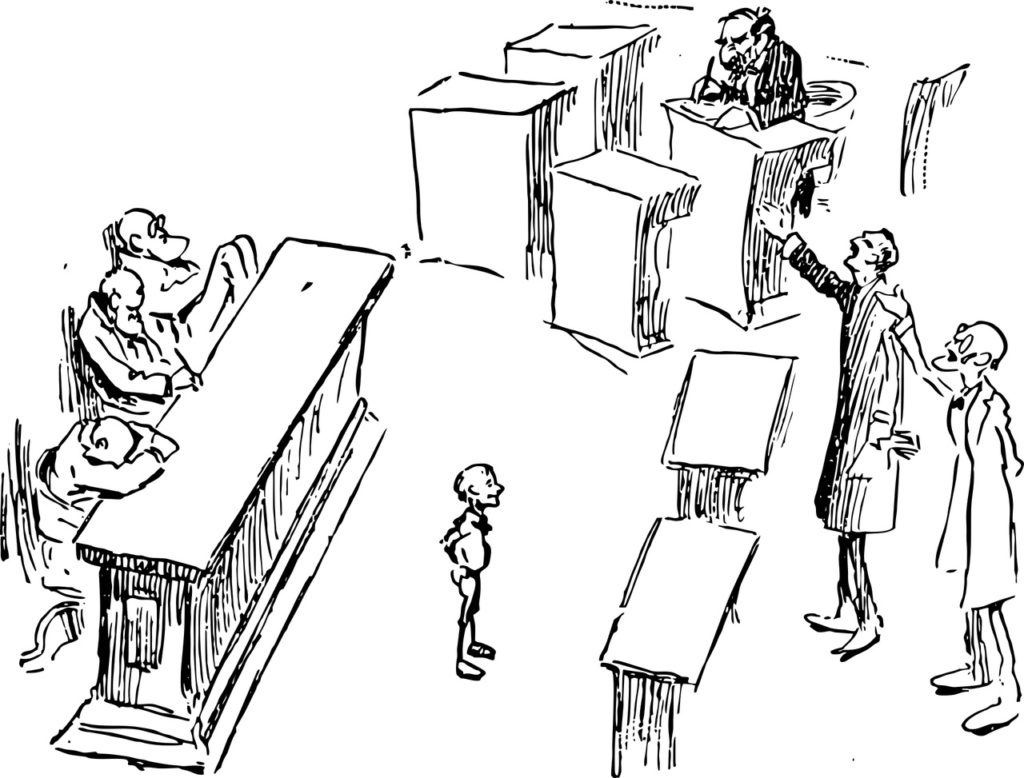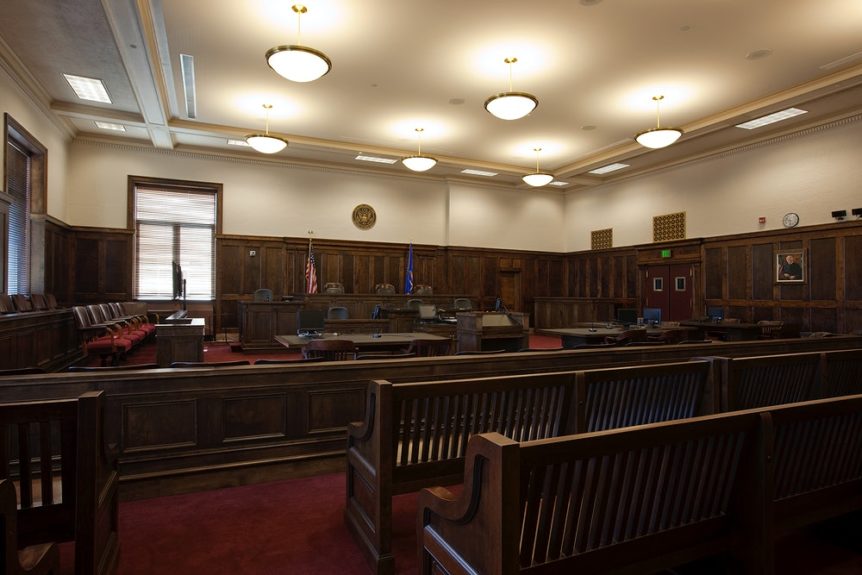Grand juries play a very important role in the US criminal justice system – both at a state and federal level. However, the exact role they play is often shrouded in mystery.
One thing is for sure though – getting indicted by a grand jury is as serious as it sounds. It is, therefore, important to understand the entire process, particularly if you’re currently under investigation for a possible federal charge.
So, what is a grand jury indictment, and how exactly does it work? Here’s everything you need to know about it.
What Is a Grand Jury Indictment – A Brief Overview
A grand jury is essentially a group of regular citizens who regularly convene to decide whether or not indictments should be issued to individuals who are currently under federal investigation.
An “indictment” is another name for a “formal charge.” A grand jury can have as many as 23 members, although they are often fewer.
Grand Jury vs Trial Jury
Keep in mind though that a grand jury doesn’t function in the same way a regular jury does.
Its role isn’t to find you guilty or not guilty of the criminal charges that have been leveled against you. Its role also isn’t to sentence you either if you are indeed guilty of the crime you’re accused of.

Its function is to decide whether or not federal criminal charges should be brought against you, or, in other words – “indicted.”
Nonetheless, not all defendants have to face a grand jury. In many cases, they are not even used. There are three ways in which criminal charges can be leveled against a suspect.
1. Through the “Information”
The first way is through a legal document referred to as the “information.” It is, to some extent, quite similar to a complaint filed in a civil trial, with the main difference being that it is written by the prosecutor.
Once the preliminary hearing finds probable cause, the prosecutor goes ahead to file the information, describing in detail the criminal actions committed by the defendant. This is done in a series of statements substantiated by police reports and other pieces of evidence derived from the police investigation.
In most states, prosecutors proceed to trial once charges for felony crimes are brought by information. At a federal level, if a grand jury is waived, federal misdemeanor or felony charges can also be brought by information.
2. Through a Grand Jury Indictment
The second method of bringing criminal charges against a suspect is through a grand jury indictment. In such instances, the prosecutor reviews the evidence compiled by law enforcement and presents it to a grand jury.
The members then review the evidence in question and decide on whether or not the case should proceed to trial. Prosecutors may opt to go the grand jury route if they’re not quite sure whether they’ll succeed in a criminal trial.
They use the grand jury proceedings as a sort of test run before investing their time, effort, and resources in a trial. It is an indicator of whether the charges will stick.
3. Through Citation
The third way of bringing charges against a suspect is through citation. This is the easiest of all three and is used to bring infraction charges against an individual.
When a law enforcement officer sees someone committing a minor crime – like littering, jaywalking, or speeding, they write up a ticket, which is also referred to as a “citation.” Infractions are usually for minor crimes that aren’t punishable by prison time.
Grand Jury vs Preliminary Hearing – What’s the Difference?
Although criminal law in all states across the country has a provision that allows for a grand jury, an estimated 50 percent of them don’t use it. Those that don’t, opt for a preliminary hearing instead, particularly in adversarial cases.
So, what is a preliminary hearing, and how is it different from a grand jury?
Well, just like grand juries, the preliminary hearing process is supposed to determine whether the evidence presented is enough to indict. This is referred to as “probable cause.”
Preliminary hearings are usually open to the public, whereas grand jury proceedings are not. They also involve a judge together with the lawyers on both sides. Grand juries, on the other hand, only have the judge and the prosecutor – that’s it.
Perhaps the biggest difference between the two is the fact that a defendant can ask for a preliminary hearing, although a judge may deny that request.
What Happens After a Preliminary Hearing
Once the preliminary hearing process concludes, the prosecutor and defense attorney may decide to do what is known as “submitting a case on the record.” In such instances, the judge determines the defendant’s guilt (or innocence) based on the transcripts of the hearing.
A prosecutor will only agree to go this route if they know they have a weak case that won’t hold up at trial.
The Grand Jury Indictment Process
Although grand jury proceedings are less formal compared to those in a criminal trial, they do share a lot of similarities with a jury trial. For one thing, the court proceedings and witness testimonies are all put on record.
The prosecutor also has to explain the law to the members of the grand jury, present evidence, exhibits, and any other relevant witness testimony, all while adhering to the usual courtroom rules. The grand jury has the power to hear and see anything they would like, to decide whether or not to indict.
Grand juries don’t have to reach a unanimous decision to indict based on the proceedings. It does, however, need to reach a ⅔ or ¾ super-majority vote to indict the suspect.
The next logical question would be – What happens after grand jury indictment?
Well, the case proceeds to trial, and at a much faster rate at that. Without a grand jury indictment, a prosecutor would have the difficult task of demonstrating to a trial judge that they have enough evidence to proceed with litigation at that level.
Understand the Long Road Ahead
If you’re facing a potential grand jury indictment, you need to talk to a criminal defense attorney as soon as possible. Although they won’t be present at the grand jury proceedings, they can help you challenge it if you end up getting indicted before the case proceeds to trial.
Ensure that you get all the information you need beforehand to know what you’re up against.
If you have any legal questions, feel free to chat online with a Laws101.com attorney.
